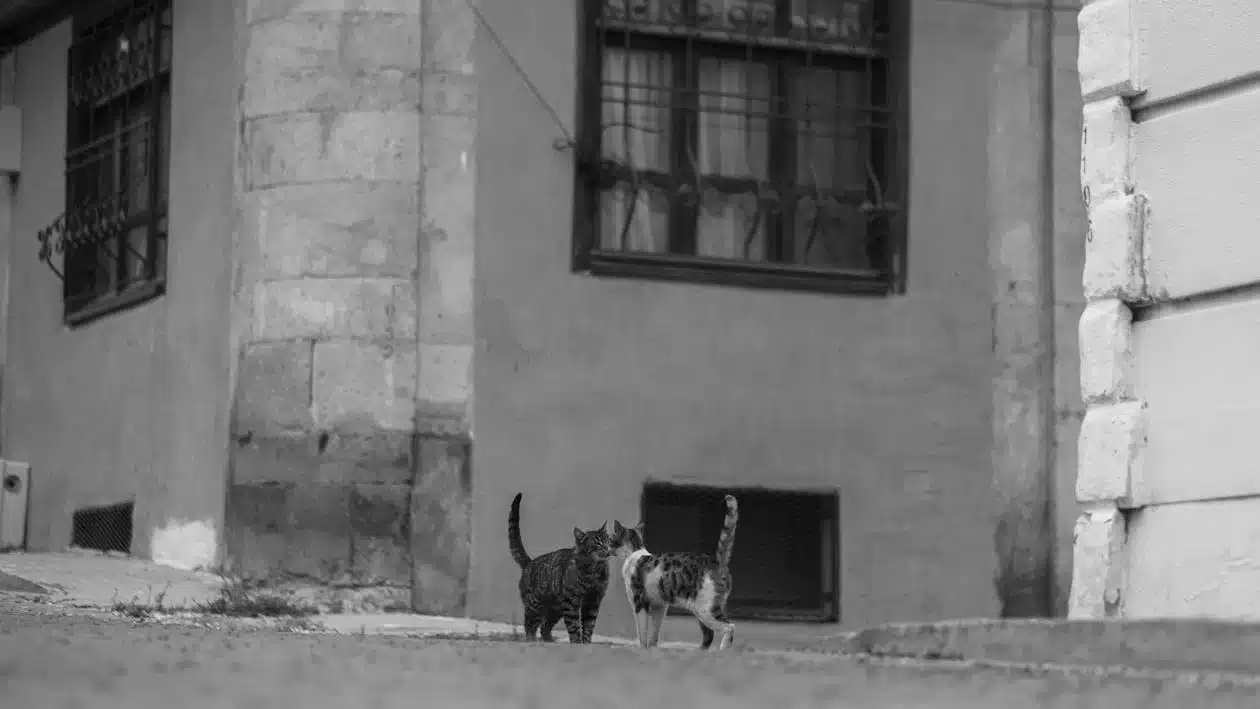First national census of roaming animals released today
Mainland Portugal has more than 930,000 free-roaming animals, including 830,541 cats and 101,015 dogs, according to data from the first National Census of Wandering Animals released today by the ICNF (Institute for Nature Conservation and Forests).
The census was conducted by the University of Aveiro and financed by the Environmental Fund.
Data from the National Republican Guard (GNR), compiled in the study and related to road accidents, reveals that cars hit 4,640 animals between 2019 and 2022, 4,443 dogs and 197 cats, with 2020 being the year in which the most road accidents were reported (1,428 and 84, respectively).
With regard to other incidents, like ‘attacks’ by stray animals, only 7.2% of people answering questions said they had been attacked by stray dogs (5.9% in the case of stray cats).
Respondents also showed that animals found wandering are frequently helped with food and water – less so with shelter.
The study also concludes that cat owners generally have lower levels of responsibility than dog owners, especially in terms of individual identification (chipping their cat/ putting name tags on a collar) and unsupervised access to the outdoors.
The majority (26.8%) have only one or two cats, but some own three (17.2%), four (7.8%), five (5.4%), or more than five (14.7%) – the main reason being companionship (78%).
“Obtaining cats was reported to be mainly from animals that had been found (68.6%), adopted from shelters (29.5%) or offered by friends or family (19.6%),” according to the data.
A small percentage of those surveyed said they bought animals from breeders (4%), via the internet (3.8%), or by breeding them themselves (2.7%).
Dogs, on the other hand, register high rates of responsible ownership: 92% of owners identify and register all their animals and 92% never allow them outside unsupervised, while only 25% say they don’t use any form of contraception on their animals and 28% report that they have hunted.
The majority of respondents owned only one (45.2%) or two (24.1%) dogs and the main motivation for owning dogs was for companionship (88%).
Approximately one in four people (23.9%) bought animals from breeders (17.2%), via the internet (5.3%) or in pet shops (1.4%).
As part of this study, the app ‘Errantes’ (literally meaning ‘wanderers’) was also created, which allows each user to record their data and that of their pets, as well as sightings of animals roaming freely, or prey captured by animals with or without a keeper.
Source material: LUSA




















